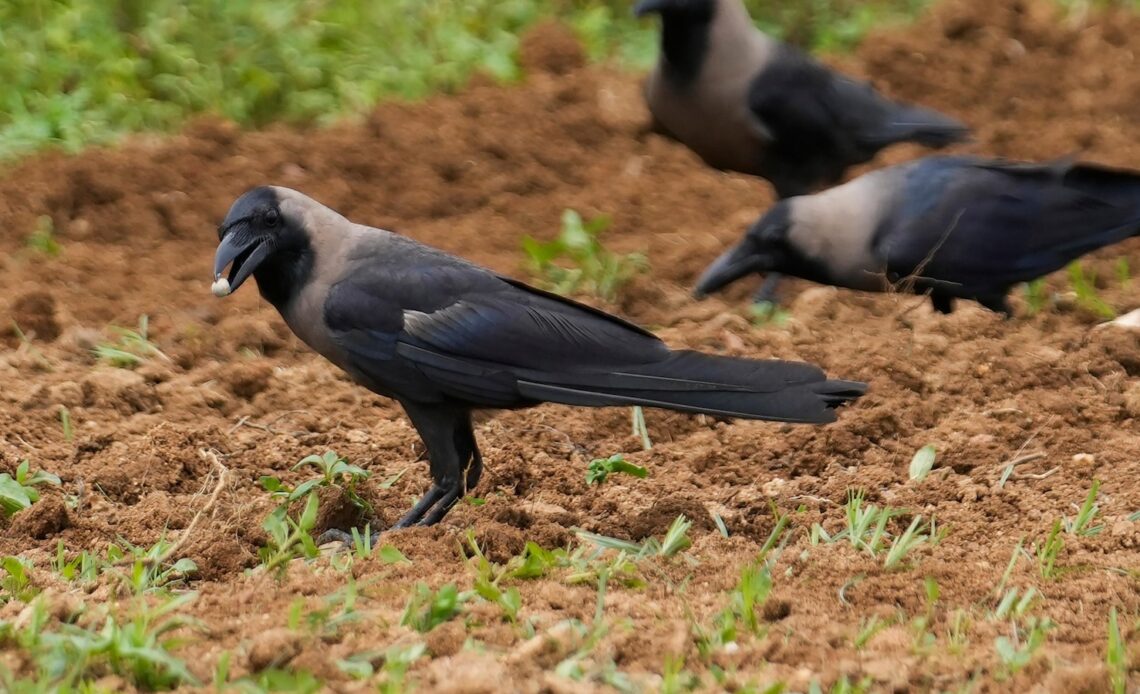BENGALURU, India — Unpredictable rains and increasing heat aren’t just making life more difficult for the people of Rayanpet, a village in India’s arid south. They’re also taking a toll on the thousands of acres of rice grown here.
“We used to know when it would rain and for how long and we sowed our seeds accordingly,” said P. Ravinder Reddy, a former soldier who turned to farming on his family’s land 16 years ago. “Now it’s so unpredictable and many times the seeds don’t sprout either because there’s too much rain or it’s completely dry.”
Fortunately for Reddy, agricultural research organizations in India have been working for years to engineer rice seeds that can better withstand the vagaries of climate. He’s been experimenting with the new varieties for the past five years, and said they’re giving better yields with less water and are more disease-resistant.
“I have planted them across a quarter of my 25-acre field because there’s still demand for older varieties but I think in a few years, we will use only these tougher seeds,” Reddy said.
India is one of the world’s largest producers and consumers of wheat and rice. Research organizations here, like their counterparts around the world, have long worked to produce seeds that increase yields, withstand drought or resist plant diseases. It’s a growing need as a changing climate leads to more extreme and unpredictable weather.
According to a United Nations report released earlier this year, more than 700 million people went hungry last year and over a third of the global population is unable to afford a healthy diet, thus increasing the urgency for resilient seeds that can produce food reliably. Apart from India, other programs including a United States government program and privately funded projects are helping develop climate-resilient crops in Africa, Central America and other Asian countries.
As India is among the countries most vulnerable to climate impacts, these new seeds are essential in ensuring it produces enough food for its people as well as for export.
As climate change intensifies, India’s nearly 120 million farmers — most with less than 5 acres of land — are seeing their livelihoods threatened by erratic rainfall patterns, rising temperatures and increased pest infestations.
Some are taking to what is called natural farming — techniques like using natural fertilizers and planting crops alongside trees and other plants that can protect crops from wind, erosion and…
Click Here to Read the Full Original Article at ABC News: Health…

